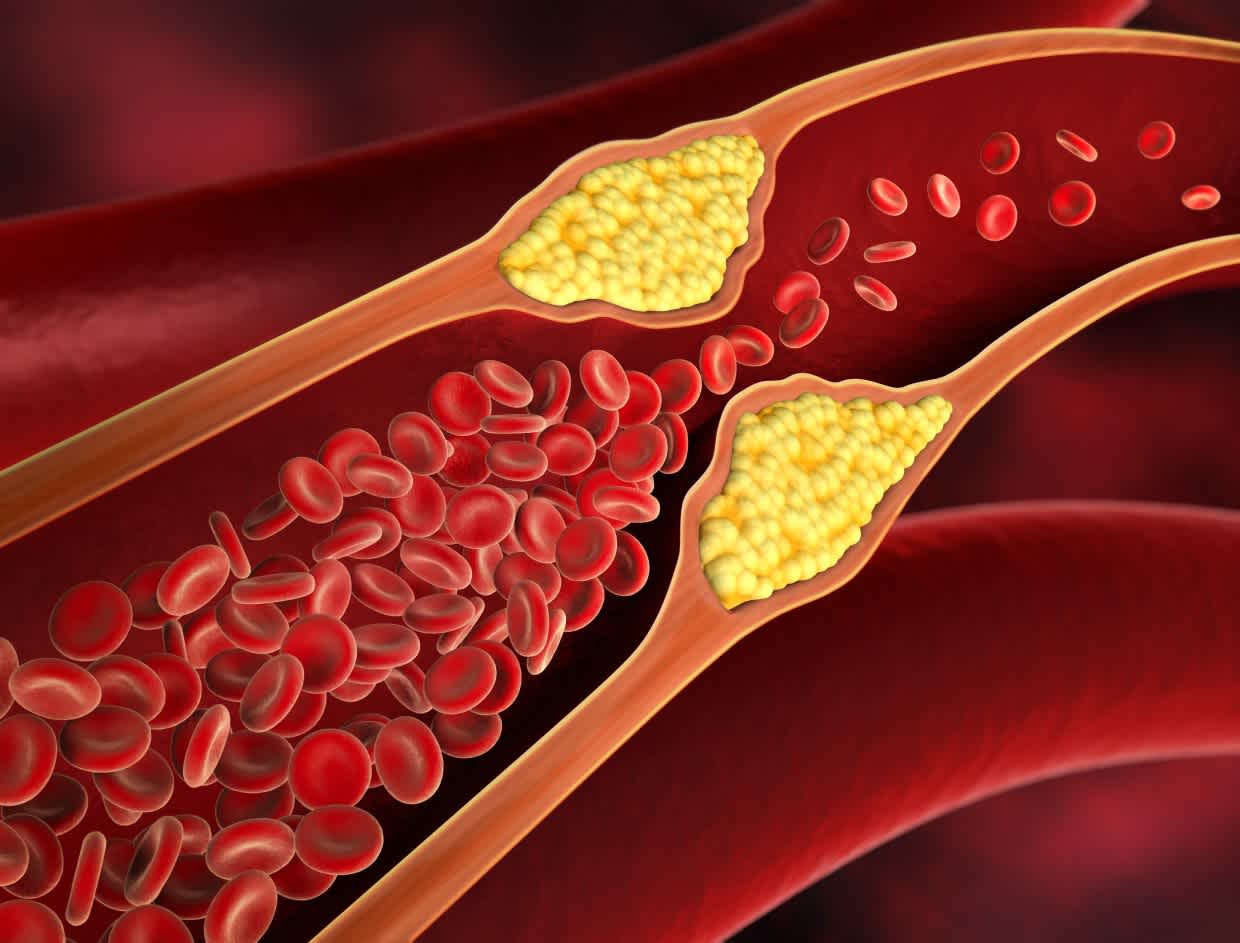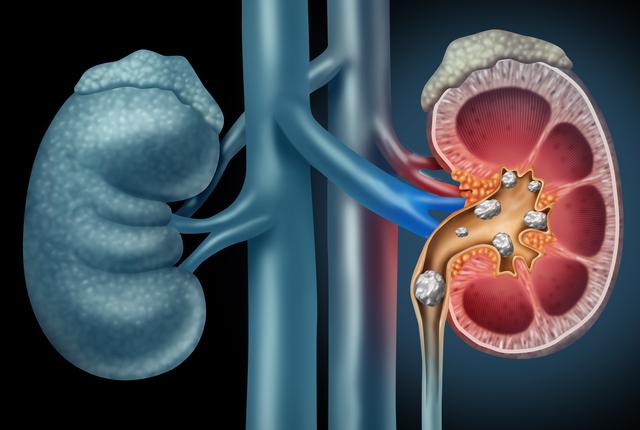Navigating the Terrain of Blood Sugar: Understanding Idiopathic Postprandial Syndrome
Published on:April 25 2024
If you’ve ever felt shaky, nervous, or fatigued after a meal, you might have wondered if your blood sugar was dipping too low. For those experiencing these symptoms without a corresponding drop in blood sugar levels, a condition known as Idiopathic Postprandial Syndrome (IPS) may be the culprit. In this article, we’ll delve into what IPS is, its symptoms, potential causes, and how to manage it effectively.
What is Idiopathic Postprandial Syndrome?
IPS, also known as pseudohypoglycemia or adrenergic postprandial syndrome, manifests as symptoms of low blood sugar within 4 hours after a meal. However, unlike hypoglycemia, the blood sugar levels of individuals with IPS remain within the normal range, typically less than 140 mg/dL. While IPS shares symptoms with hypoglycemia, it doesn’t lead to long-term damage or complications associated with low blood sugar levels.
Symptoms and Causes
The symptoms of IPS mirror those of hypoglycemia, including shakiness, anxiety, sweating, confusion, and fatigue. These symptoms occur despite blood sugar levels remaining normal. The exact cause of IPS remains unknown, but factors such as low blood sugar levels within the lower range of normal, consumption of high-glycemic index foods, excess production of insulin, and sensitivity to certain hormones might contribute to its development.
Managing IPS
Fortunately, most individuals with IPS don’t require medical treatment. Lifestyle modifications, particularly dietary changes, can often alleviate symptoms. Recommendations include consuming high-fiber foods, lean proteins, and healthy fats, and avoiding large meals or foods high in added sugars and refined carbohydrates. Eating smaller, more frequent meals throughout the day and avoiding excessive alcohol consumption can also help stabilize blood sugar levels.
In cases where dietary changes alone don’t provide relief, healthcare professionals may prescribe medications such as alpha-glucosidase inhibitors, typically used in treating type 2 diabetes. These medications can help regulate blood sugar levels and manage symptoms of IPS.
When to Seek Medical Attention
If you experience symptoms of low blood sugar after meals, it’s essential to consult a healthcare professional to determine the cause. Keeping a food diary to track symptoms and dietary patterns can aid in diagnosis and treatment planning. Additionally, if symptoms are severe or persistent, further medical evaluation may be necessary to rule out underlying conditions contributing to IPS.
Conclusion
Idiopathic Postprandial Syndrome can significantly impact daily life, causing discomfort and disruption after meals. However, with proper management strategies, including dietary modifications and, if needed, medication, individuals can effectively navigate the challenges posed by IPS. If you suspect you may have IPS or experience symptoms of low blood sugar after eating, don’t hesitate to reach out to a healthcare professional for guidance and support in managing this condition.
Navigating the Terrain of Blood Sugar: Understanding Idiopathic Postprandial Syndrome
Related articles:
Diagnosed Too Late: How Innovation Is Changing the Face of Diabetes Detection
Diabetes is often called a “silent disease” for good reason. In Singapore, a significant number...

Silent but Inherited: The Risks and Realities of Genetic High Cholesterol
When most people think of high cholesterol, they picture unhealthy diets, lack of exercise, or...

The Hidden Dangers of High Uric Acid: More Than Just Gout
When most people hear about high uric acid, they immediately think of gout—a condition infamous...



